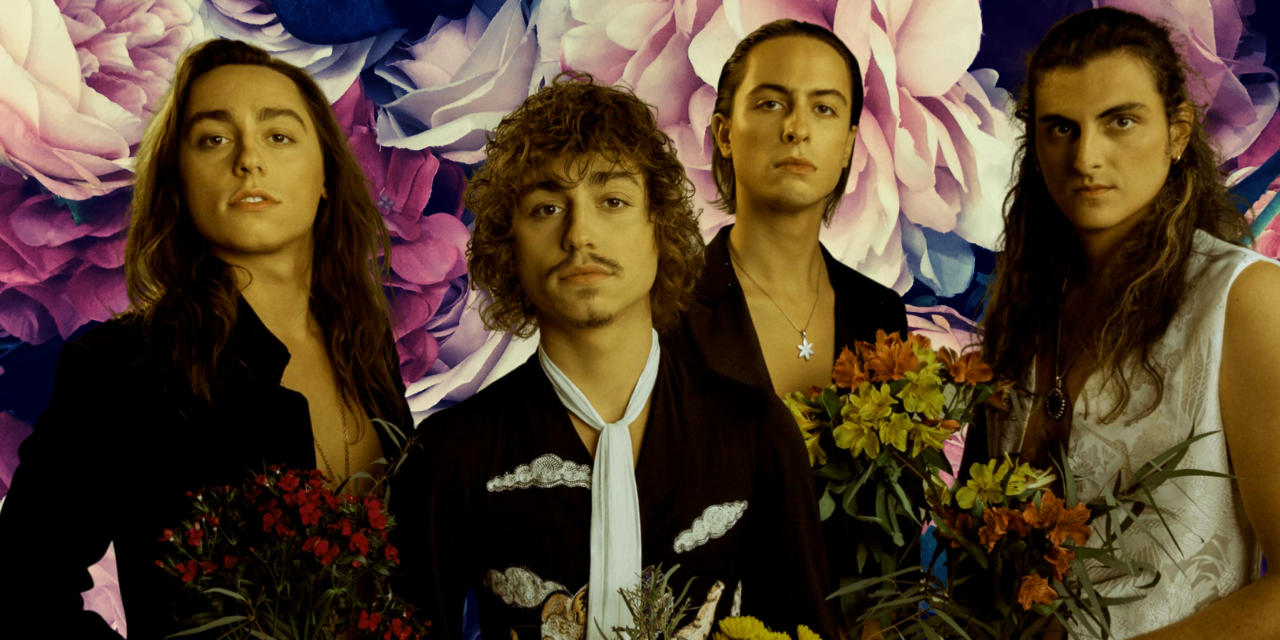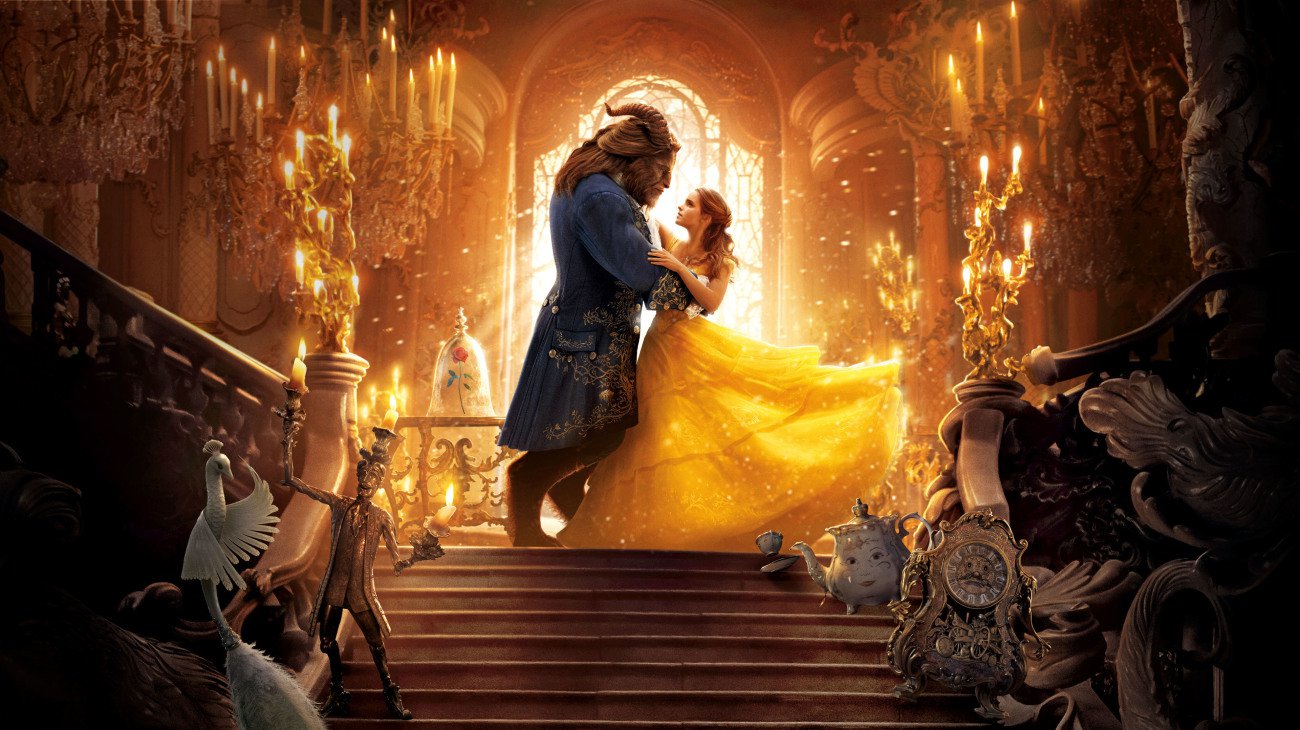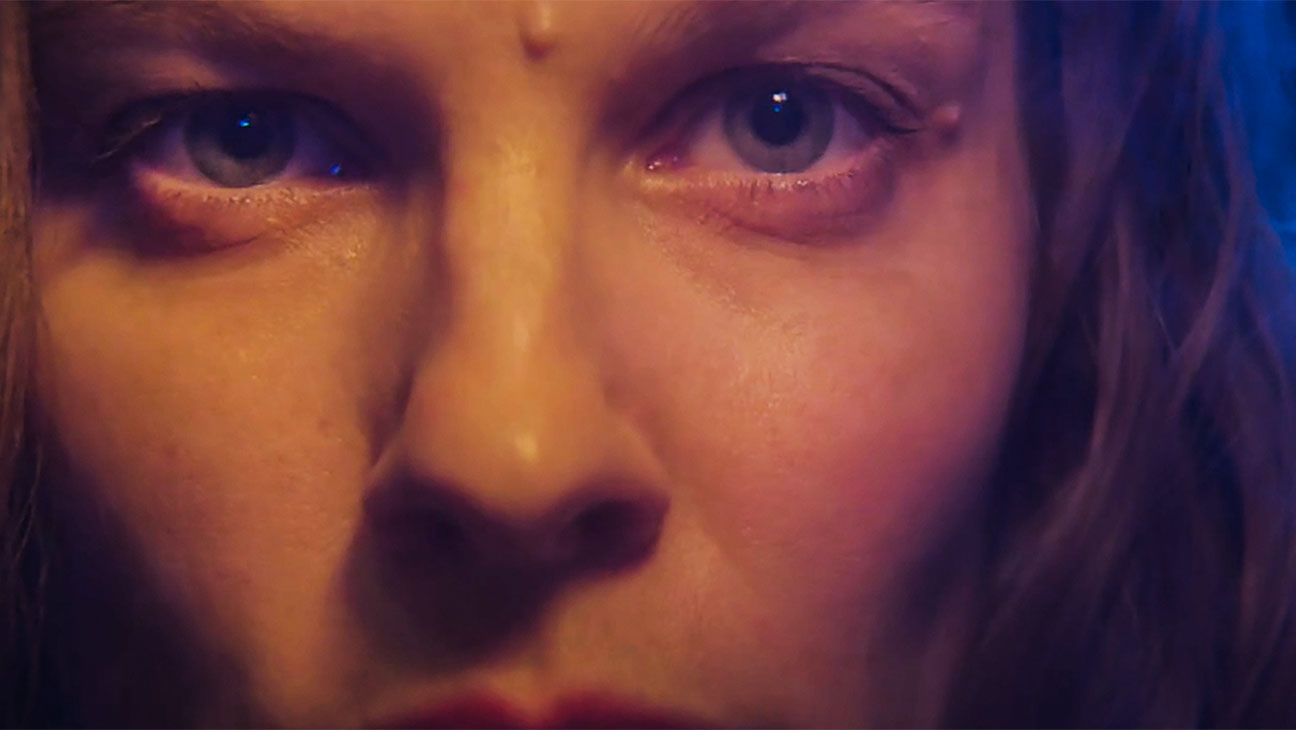In his latest essay, writer James Shotwell tackles the divisive success of Greta Van Fleet and the life lessons learned found on the band’s new album.
They were just happy to be there. That is the clearest thought that comes to mind when I think about my first encounter with Greta Van Fleet. I was on assignment for a music magazine to cover a then up-and-coming act from Frankenmuth, Michigan, playing 400 capacity rooms that was starting to land opening slots for legitimate rockstars. This night made it clear they were on their way to becoming one of the most talked-about acts of the 21st-century. If they knew it, they didn’t let on, but the crowd certainly did.
The demand for tickets was so high that the venue chose to open a large garage door that divided the small front room where the group was performing from the rear larger venue for more capacity. I don’t know if anyone in the back could even see the stage, but nobody seemed to care. They were there for the music, the experience. I vividly remember the overwhelming energy of the crowd that night. The enthusiastic audience welcomed Greta Van Fleet with deafening cheers, and that response only grew larger and louder with each song played. Looking back, it seems everyone in the expanded room was aware of the band’s impending success as much as those of us in the industry. It may not sound like much, but that is rare to see.
Be the first to read James’ next essay by subscribing to his free newsletter, Spin Cycle, today.
But something I never saw coming and still don’t fully understand is the incredibly harsh criticism that follows the group everywhere. They are criticized for their transparent embracement of taking cues from the biggest names in rock history. Greta Van Fleet doesn’t claim to invent the wheel; they merely use it and use it well. The criticism as if people have somehow forgotten that virtually all creativity results from the influence of what someone else made. Why is that a crime against art? What makes it so wrong?
The Battle At Garden’s Gate, Greta Van Fleet’s second full-length album, finds the group expanding on the foundation set by previous releases. The influences are still heavily rooted in 70s rock, but they’re more varied than before. You get the sense that, perhaps for the first time, the young men that comprise the band are letting their personalities show in the music they create. It’s less about paying tribute to what came before and more about forging a path toward a future that finds the group further shedding their fervent devotion to the artists that made them want to rock.
After all, GVF has traveled the world and experienced things that many of us never will. They’ve seen what chasing your dreams can lead to, and they’ve felt the heat of knowing people in positions of influence think you’re a joke. They have met every rock deity still walking the Earth, as well as untold thousands who believe their music signals the start of a revolution among young rock acts. More than any other group their age, Greta Van Fleet has witnessed the epic highs and profound lows that fame brings, and on The Battle At Garden’s Gate they’re comfortable sharing their journey with us in detail.
Across the album’s twelve tracks are songs about love, death, and growth, all of which are filtered through elegantly constructed rock songs running anywhere from three to six minutes in length. The one through-line to the record is a sense that the band is still very much searching for something while still growing. Call it satisfaction or peace; it seems the men of Greta Van Fleet have learned the timeless lesson that success alone is not enough to satiate your soul.
Proof of this internal conflict is found on “My Way, Soon.” With a memorable melody, vocalist Josh Kiszka proclaims over the song’s driving chorus:
I’ve packed my bags and I’ve got my freedom
I’ve sacked the rules so I don’t have to heed them
I’ll bet on a chance if I’ve just got one
I’ll throw out the plans and live with no burden
The urgency of these feelings is laid bare in the second verse:
I have but a lifetime
Seems so long but it flies by
And in the moments passing
I’ll bear no load
I have yet to wander
Many miles far yonder
And with so much left to ponder
I choose the road
Who among us can say they haven’t felt this way? Can anyone claim they have never flirted with the idea of running away from their life and responsibilities? I don’t know of anything more universal than the human desire for freedom. We all want to wash away the worries of the world, quit our jobs, and explore this gorgeous rock floating in the endless expanse of space that we call home. We want to wake up beside the ocean or the mountains or both. We never want to worry about looking at our phones or checking emails because everyone understands that the meaningless bullshit we spend most of our lives worrying about doesn’t matter in the end.
Getting at the heart of those desires in so few words is why Greta Van Fleet succeeds at their craft. Why one day other artists will draw influence from them. Much like the idols they learn from, Greta Van Fleet knows that tapping into universal experiences and our collective longing to be free is the quickest way to build a following. You can write about anything you want, including barbarians and mystics, as long as it’s rooted in something everyone can recognize with minimal effort. Greta Van Fleet makes their living by exposing the sameness of people and uniting them in those shared ideations.
What many critics seem to misunderstand about Greta Van Fleet and other artists making a living today by utilizing the sounds of the past is that breaking the mold is rarely a driving force in music discovery. The vast majority of people, myself included, are not constantly in the market for something that we’ve never heard before. We need music that challenges us, inspires us, and understands us. We want the music that leads to venues getting creative with capacity limits due to ticket demand, just like a venue did for GVT. It doesn’t need to be new to entice us; it just needs to mean something to those who listen. Music is the great equalizer bringing those from all walks of life together to perform, enjoy and listen, which is precisely what Greta Van Fleet does with The Battle At Garden’s Gate.
Throughout time, people from all walks of life came together to perform and enjoy music, most of which was incredibly simple. When someone found a sound or melody others enjoyed, they used it. The need for community outweighed the desire for complexity, and in many ways, that’s still true today.













